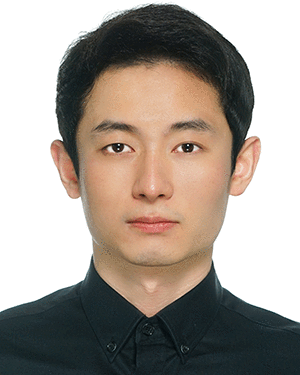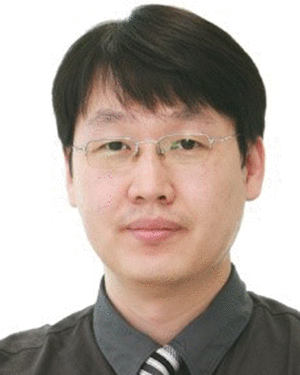Wan Choi (Fellow, IEEE) received the B.Sc. and M.Sc. degrees from the School of Electrical Engineering and Computer Science, Seoul National University (SNU), Seoul, South Korea, in 1996 and 1998, respectively, and the Ph.D. degree from the Department of Electrical and Computer Engineering, The University of Texas at Austin, Austin, TX, USA, in 2006. He is currently a Professor with the Department of Electrical and Computer Engineering, SNU. From February 2007 to February 2020, he was a Professor with the School of Electrical Engineering, Korea Advanced Institute of Science and Technology, Daejeon, South Korea. From 1998 to 2003, he was a Senior Member of the Technical Staff of the R&D Division of KT, South Korea, where he researched 3G CDMA systems.
He was the recipient of the IEEE Vehicular Technology Society Jack Neubauer Memorial Award (Best System Paper Award) in 2002, the IEEE Vehicular Technology Society Dan Noble Fellowship Award in 2006, the IEEE Communication Society Asia Pacific Young Researcher Award in 2007, the Haedong Young Scholar Award from KICS in 2012, and the Irwin-Jacobs Award from Qualcomm and KICS in 2015. While with the University of Texas at Austin, he was the recipient of William S. Livingston Graduate Fellowship and Information and Telecommunication Fellowship from the Ministry of Information and Communication, South Korea. From December 2014 to June 2019, he was an Executive Editor and since July 2019, has been the Executive Editor Chair of the IEEE Transactions on Wireless Communications. He is also the Editor of the IEEE Transactions on Vehicular Technology and was the Editor of the IEEE Transactions on Wireless Communications from 2009 to 2014, of the IEEE Wireless Communications Letters from 2012 to 2017, and the Guest Editor of the 5G Wireless Communication System special issue of the IEEE Journal on Selected Areas in Communications. He is a Fellow of the IEEE (recommended by IEEE Communication Society) for the contribution to the analysis and design of multicell communication systems and currently is a Member of Fellow Evaluation Committee, IEEE Vehicular Technology Society.
Wan Choi (Fellow, IEEE) received the B.Sc. and M.Sc. degrees from the School of Electrical Engineering and Computer Science, Seoul National University (SNU), Seoul, South Korea, in 1996 and 1998, respectively, and the Ph.D. degree from the Department of Electrical and Computer Engineering, The University of Texas at Austin, Austin, TX, USA, in 2006. He is currently a Professor with the Department of Electrical and Computer Engineering, SNU. From February 2007 to February 2020, he was a Professor with the School of Electrical Engineering, Korea Advanced Institute of Science and Technology, Daejeon, South Korea. From 1998 to 2003, he was a Senior Member of the Technical Staff of the R&D Division of KT, South Korea, where he researched 3G CDMA systems.
He was the recipient of the IEEE Vehicular Technology Society Jack Neubauer Memorial Award (Best System Paper Award) in 2002, the IEEE Vehicular Technology Society Dan Noble Fellowship Award in 2006, the IEEE Communication Society Asia Pacific Young Researcher Award in 2007, the Haedong Young Scholar Award from KICS in 2012, and the Irwin-Jacobs Award from Qualcomm and KICS in 2015. While with the University of Texas at Austin, he was the recipient of William S. Livingston Graduate Fellowship and Information and Telecommunication Fellowship from the Ministry of Information and Communication, South Korea. From December 2014 to June 2019, he was an Executive Editor and since July 2019, has been the Executive Editor Chair of the IEEE Transactions on Wireless Communications. He is also the Editor of the IEEE Transactions on Vehicular Technology and was the Editor of the IEEE Transactions on Wireless Communications from 2009 to 2014, of the IEEE Wireless Communications Letters from 2012 to 2017, and the Guest Editor of the 5G Wireless Communication System special issue of the IEEE Journal on Selected Areas in Communications. He is a Fellow of the IEEE (recommended by IEEE Communication Society) for the contribution to the analysis and design of multicell communication systems and currently is a Member of Fellow Evaluation Committee, IEEE Vehicular Technology Society.View more 


